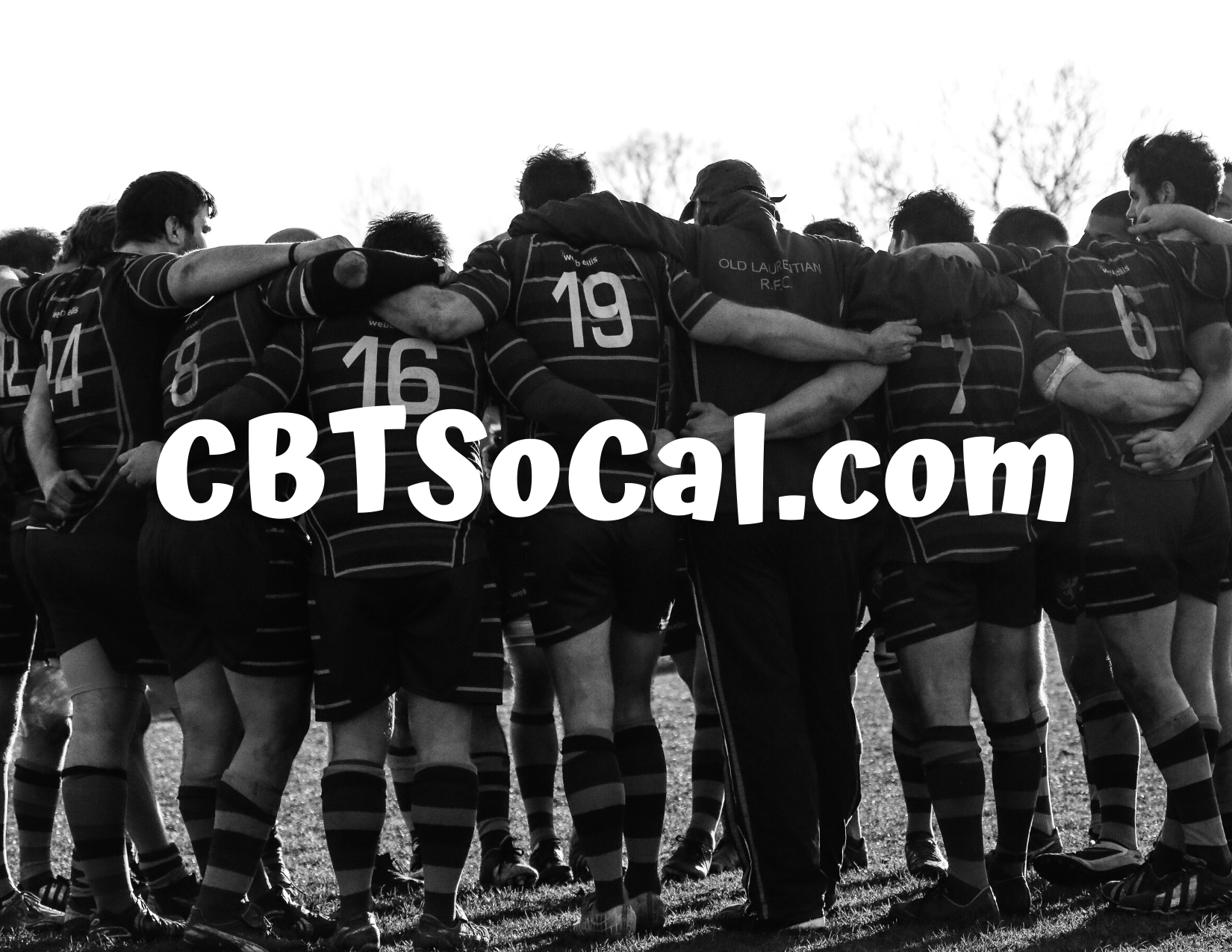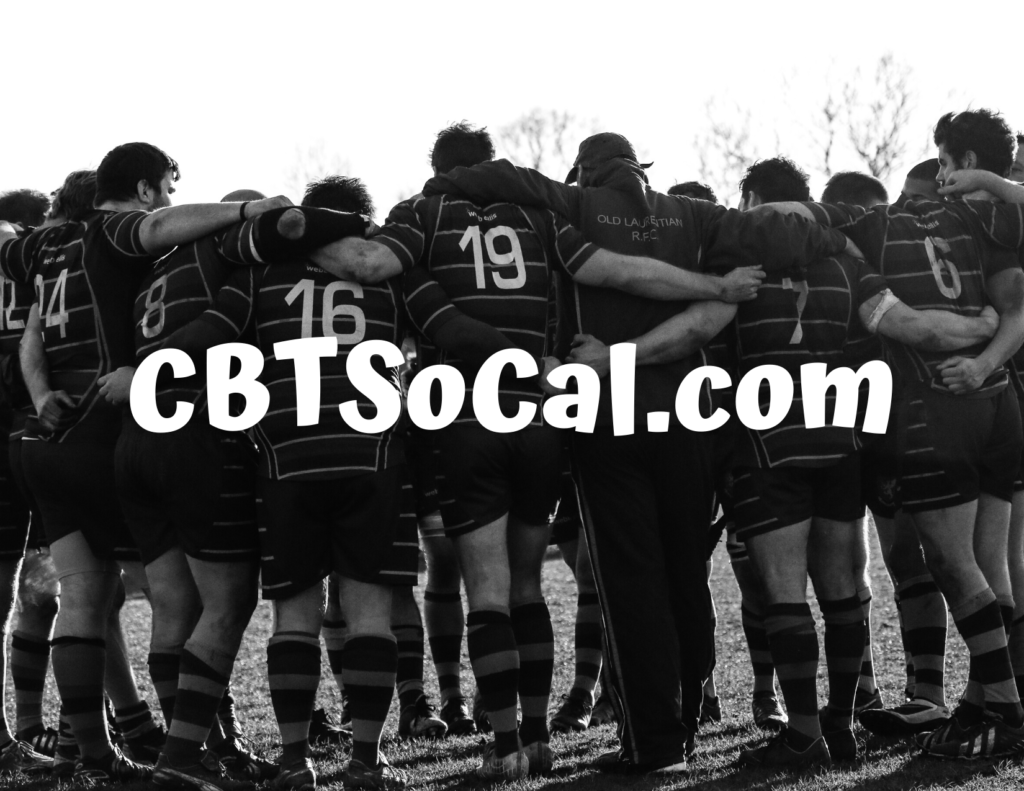What coaches and athletic trainers can do about student-athlete mental health


Why mental health matters:
Mental health is not separate from physical health. Medical problems can often lead to mental health issues. Mental health issues, such as substance abuse and eating disorders, can result in medical problems. Furthermore, psychological stress from daily life can leave athletes vulnerable to injuries.
Student-athletes are at risk because:
- College is a time of many transitions (leaving home, ending relationships, increase in academic expectations/workload, establishing place on a new team, responding to new coaches, etc.)
- Adolescence/ early adulthood is a time when some mental health issues are more prevalent (substance abuse, eating disorders); most mental health symptoms arise by age 24.
- Some mental health issues can be exacerbated by pressure. Many student-athletes feel significant sport-related/ performance stress. Overtime this leads to physical/emotional exhaustion.
Why coaches and trainers are important in identifying mental health issues:
- Coaches and trainers often spend a significant amount of quality time with student-athletes. They notice behaviors that may be overlooked by staff, faculty or even parents.
- Coaches and trainers have significant influence that can help student athletes receive timely and effective mental health treatment. The negative consequences of mental health issues can be minimized by continued follow-up by coaches and trainers’ interactions with athletes.
Examples of common symptoms of mental health issues:
- Behavioral: Disruption of daily activities, social withdrawal, agitation/fighting, difficulty with authority, decrease in academic and athletic performance, and increase in substance use.
- Cognitive: Difficulty concentrating, poor memory, impaired decision-making, obsessive thoughts, negative self-talk and suicidal thoughts.
- Emotional: Irritability, excessive worry, feeling out of control, mood swings, and apathy.
- Physical/Medical: Difficulty sleeping, changes in appetite or weight, fatigue/low energy, headaches, and overuse injuries.
Selected statistics:
- Anxiety: In the U.S., nearly 1 in 3 adolescents suffer from an anxiety disorder. According to NCAA, 85% of athletic trainers believe anxiety disorders are affecting their athletes.
- Depression: Fifteen to 20 percent of the population will suffer from depression once in their lifetime. The average age of onset of depression is 22.
- Substance abuse: Recent research indicates that 30% of student athletes reported they drank alcohol to the point of “blacking out.” Twenty five percent of student-athletes have missed class and 16 percent have performed poorly on a test due to alcohol use. Student-athletes who have used marijuana in the last 30 days fail classes at 3 times the rate of students who do not use.
- Suicidality: Suicide is the second leading cause of death among college students. Ten percent of college students have attempted or considered attempting suicide.
What coaches and trainers can do:
- Recognize mental health issues and refer the student-athlete to a mental health professional.
- Remember that issues such as anxiety and depression are mental health issues that need treatment. Mental health issues are not “choices.” Ask the hard questions.
- Validate their emotional experience. Be a sounding board. Be a safe space. Model health.
- Check-in with one student-athlete a day about how their personal life is going. This builds trust and a healthy relationship.
What coaches and trainers should avoid:
- Avoid shaming the student-athlete or judging them as “weak” due to emotional issues.
- Avoid minimizing the problem. The problem is likely larger than the student-athlete is acknowledging.
Avoid allowing a student-athlete’s mental health issues to weigh on you too heavily by knowing your limits. Be aware of what you can reasonably expect from yourself. Your responsibility is to recognize and refer. Consult with the Counseling Center staff or a mental health professional at the first sign of risk indicators.
Schedule a phone consultation with Dr. von Stietz to learn more about student-athlete mental health.

Dr. Jason von Stietz specializes in Cognitive Behavior Therapy and Sport/Performance Psychology in Torrance, CA. He works in the Torrance office and is available for a free initial phone consultation. Dr. von Stietz works with individuals from Long Beach, the greater Los Angeles area, and the South Bay including Palos Verdes, Redondo Beach, Hermosa Beach, Manhattan Beach, and El Segundo.




